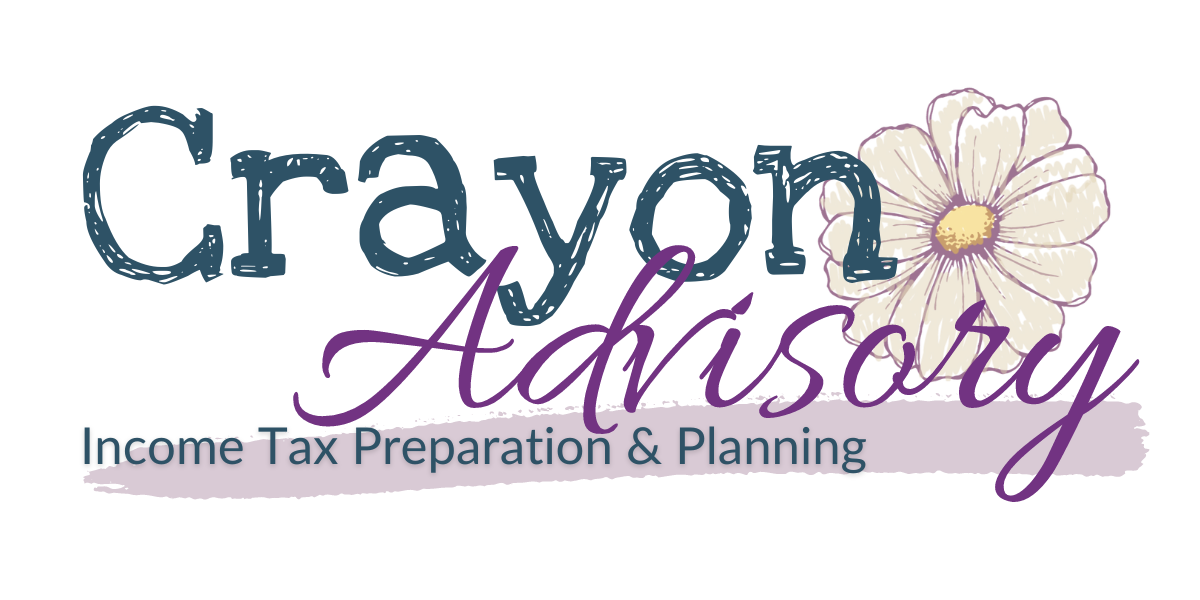Selecting Your Business Bank
Your business needs a bank account.
But it doesn’t need to be hard or difficult or anxiety inducing.
In a not-too-distant past, the accounting cycle started first by recording the transaction in the accounting system: money was billed to a client, the money was deposited, spent, or planned to be spent, all of that was recorded to the accounting system.
After all of that, the bank account was reconciled.
Modern accounting for small businesses still covers all of that ground, but, it often relies on the activity running through the bank account first and then imported into your Accounting Software.
Let’s take a look at your options and what you might consider at them. Later, we’ll share with you our recommendation and why we recommend this solution.
First, Consider Your Needs from a Bank
Any bank should cover the basics for you:
- Low or no fees
- Checking Account designed for business
- Savings Accounts
- Monthly bank statements that close at the end of the month, not in the middle of the month
- Some kind of support or outreach to make sure your needs are being met and for you to reach out to when you need more, other, or additional help and support.
You should also consider your businesses’s specific needs.
- Do you need to deposit cash in-person?
- Is your credit challenged? Will you have a hard time opening a new bank account?
- Is there a bank near your business’s location that works well for your needs?
- Do you work primarily (or even exclusively) remotely?
- Will you need or want to pay bills from your business bank account via ACH and/or bill payment?
- Will you need physical checks on hand?
- Will you use a debit card? How many? Do you need that debit card to be restricted in any manner? Do you need multiple debit cards for different reasons? What about virtual cards?
- Do you have any ethical opinions or obligations on selecting a bank?
Local and Regional Banks
These banks may also be harder to work with when it comes to bank feeds and modern accounting (business needs). If you’re local to the Portland, Oregon area, this is something we can help with understanding. It’s not always a blocking factor, but is something you should be aware of.
FinTech
Large Banks
Credit Unions
Where’s the recommendation? I know it’s coming.
We use and recommend Relay for our and your business banking needs.
Why We Recommend Relay
- Free Business Banking. That’s right. It’s freemium. The premium services are ones that, if you need them, the cost is minimal. And if you don’t, you’re not missing out.
- Multiple checking accounts. Loads of them.
- Savings accounts. Yes, business savings accounts so your money can earn money while you rest.
- Automations. So many of these can be set up and with ease.
- Control and administrative access is phenomanal.
- Direct connections to many pieces of Accounting Software, which means your transactions are imported directly and not through a third party service.
If FinTech isn’t your thing, we’re happy to work with you on making this all important decision. If you’re a current client, send us some questions you have after reading this. Onboarding clients, if we’ve not met yet, Introduce yourself so we can get started in supporting your business ownership journey. And if you’ve done this, be sure to send your questions our way so we can support you.
This post has been developed as a generic explanation to help you select your Business Bank. This information is written to be informative and is not tax advice. You should consult with your tax advisor as to how this information applies to your situation. Your specific needs may vary and may cause specific attention to need to be given to your processes. You should speak with your tax professional regarding the applicability of these issues to you and your business (and, yes, that includes Crayon Advisory if you are a current or onboarding client).
Looking for support?
Let us get to know you better by introducing yourself.
Introductory Survey
